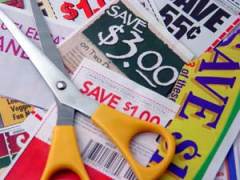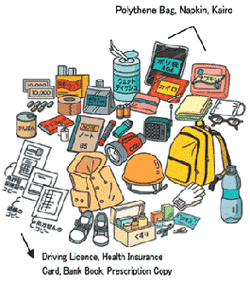Below you will find the best and most highly recommended sites for maximizing coupon savings to help stretch your dollar as far as possible. Most included FREE printable coupons on groceries, personal bath products and merchandise for your immediate use on your next shopping trip. A few will give you the latest coupon codes for immediate use.
Check them out and see which one’s work best for you…





 RSS Feed
RSS Feed
